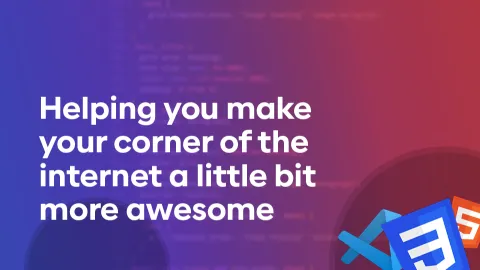Event loop in JS
Task Queue (Callback Queue): Stores tasks waiting to be executed after the call stack is empty. These tasks are queued by setTimeout, setInterval, or other APIs.Does someone know why the call stack should be empty for the callback queue events to take place?
